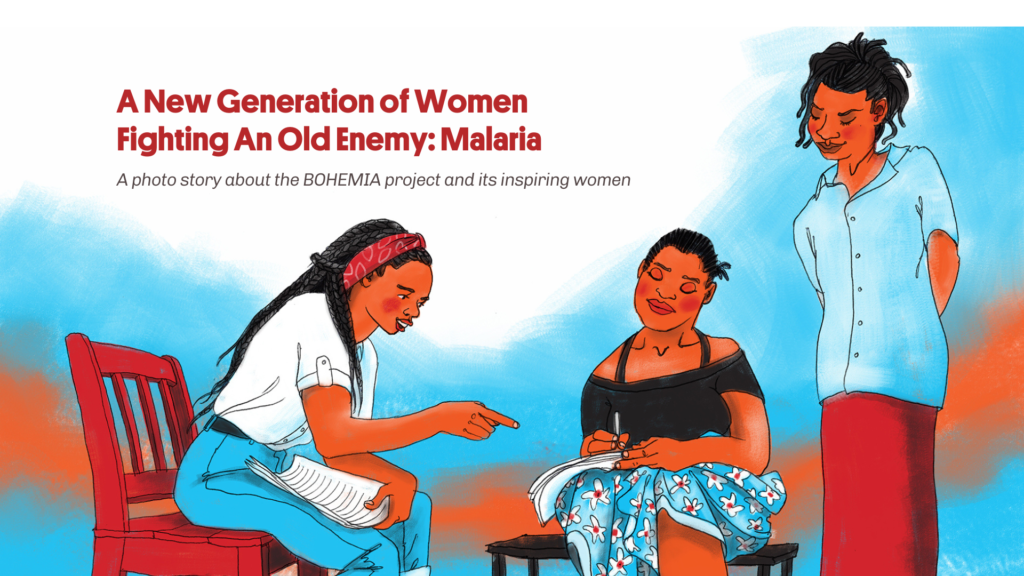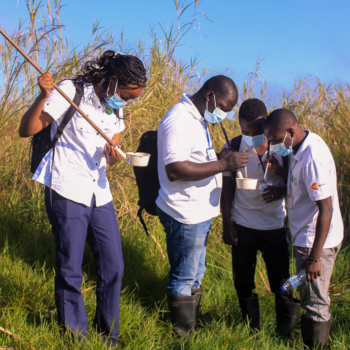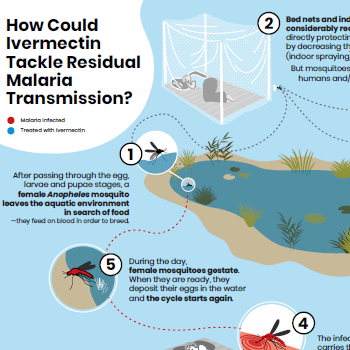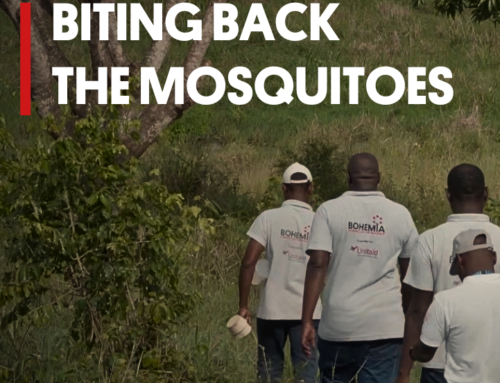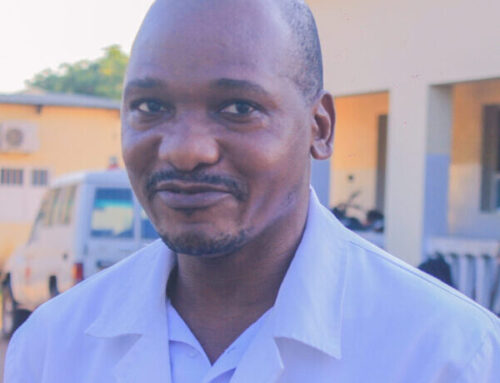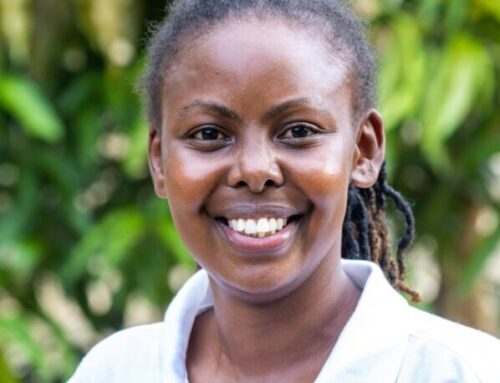From going door-to-door testing children for malaria to analysing the impact of new strategies being tested in the field, women are taking the centre stage in the Unitaid-funded BOHEMIA project.
View the complete photo story
From going door-to-door testing children for malaria to analysing the impact of new strategies being tested in the field, women are taking the centre stage in the Unitaid-funded BOHEMIA project.
BOHEMIA (Broad One Health Endectocide-based Malaria Intervention in Africa) was conceived in response to the rapid rise of insecticide resistance and the urgent need for innovative and complementary vector control tools.
The study is currently exploring ivermectin, a well-tolerated antiparasitic drug, to reduce malaria transmission through mass drug administration (MDA) campaigns. Regina Rabinovich, the study’s principal investigator, explains, “Ivermectin has a strong safety profile and past research supports its potential to reduce malaria transmission. We are testing the feasibility of this approach.”
This photo story illustrates the impact of malaria on the lives of the rural population in central Mozambique and demonstrates how the women in the project are working to address this public health issue with a novel and interdisciplinary approach.
Take a virtual tour of the project and meet some of the inspiring women powering it: Manuela Brito, Marla Rufai, Almudena Sanz, Caroline Kiuru, Paula Ruiz-Castillo, Mirene Adão, Verónica Ribeiro, Marta Ribes, Aina Casellas, Patricia Nicolas, and Amélia Honwana.
This photo story was originally published in the Health Is Global blog.

